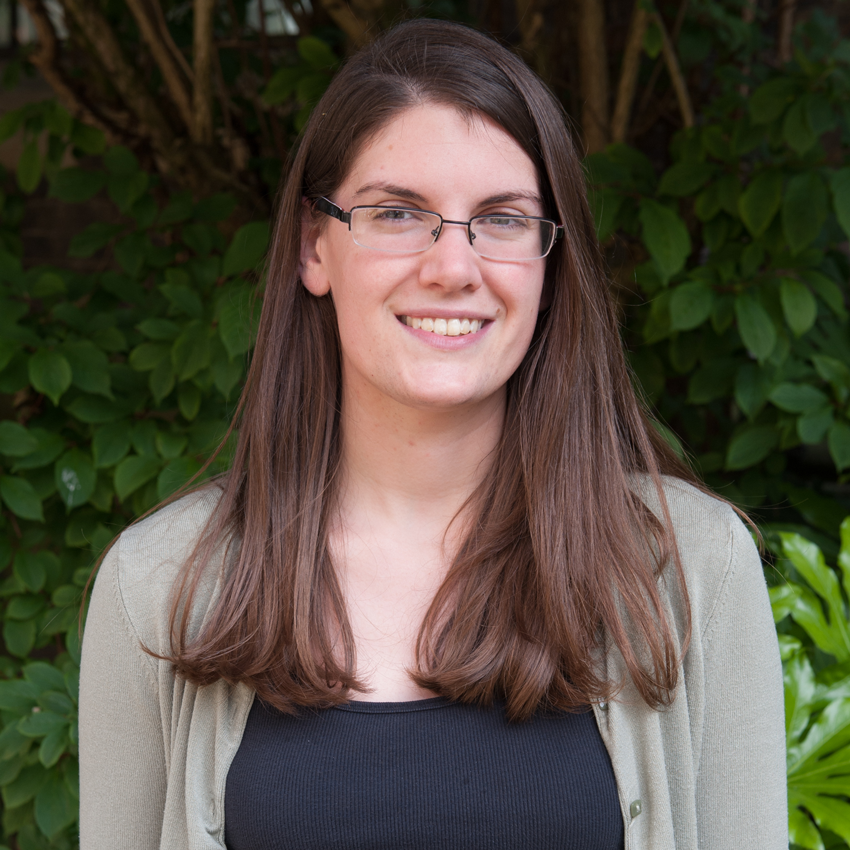
Submitted by S.A. Norwood on Tue, 06/10/2020 - 10:50
Congratulations to IRC member Dr Jenny Molloy, who has been named as a Fellow of the World Economic Forum’s Global Future Council on Synthetic Biology.
Established by the World Economic Forum, the Global Future Councils are an interdisciplinary network of leaders from academia, government, international organizations, business and civil society. Grouped into thematic councils, their aims include identifying the latest trends in research, contributing expert knowledge to advise decision makers and WEF initiatives and deepening our understanding of how emerging technologies can be leveraged to address global, regional and industry issues.
Following a recent call, the Global Future Council on Synthetic Biology has appointed 24 council members including Dr Jenny Molloy (Department of Chemical Engineering and Biotechnology, University of Cambridge) as Council Fellow, where she will support co-chairs Claudia Vickers (Synthetic Biology Future Science Platform, CSIRO) and Megan Palmer (Department of Bioengineering, Stanford University). GFC Fellows are scholars at leading universities who play a crucial role in councils by being responsible for capturing, synthesizing and disseminating knowledge and insights from the councils’ deliberations. "This is a great opportunity to engage with a diverse, multisectoral group of thought leaders to address the huge barriers to equitable, global participation in a bioeconomy underpinned by synthetic biology. I hope the Global Future Council will be a venue for deep and critical thinking on how to transition to a more inclusive future where synthetic biology generates public good”, said Dr Molloy, who heads the University of Cambridge's Open Bioeconomy lab.
As a Shuttleworth Fellow, Dr Molloy's work focuses on understanding barriers to access of biological tools in low-resource environments, developing new technologies for local enzyme production and building capacity for biological research through open-source tools. She is also the founder of several non-profit organisations, including the Global Open Science Hardware Community (GOSH), Beneficial Bio Ltd. and the Cambridge Biomakespace.
Dr Molloy will sit on the Global Future Council on Synthetic Biology for the next year, including regular virtual meetings with council members who have a diverse range of expertise, from sociology of science to bioterrorism. The long-term goal of the council is to "develop a narrative of the ideal future states of synthetic biology and a roadmap to ethically realizing those visions".
You can learn more about the initiative and keep up with the council’s progress on the WEF website at: https://www.weforum.org/communities/gfc-on-synthetic-biology.

